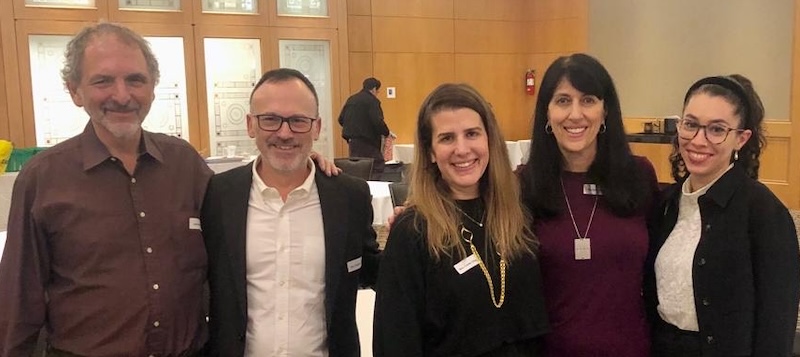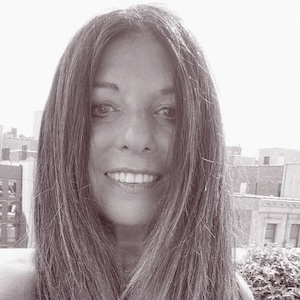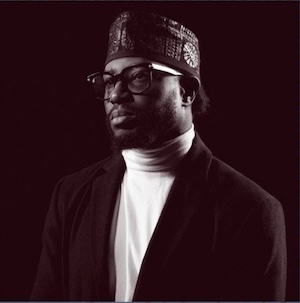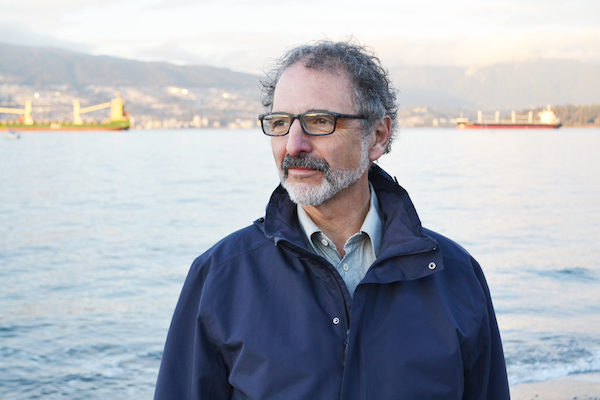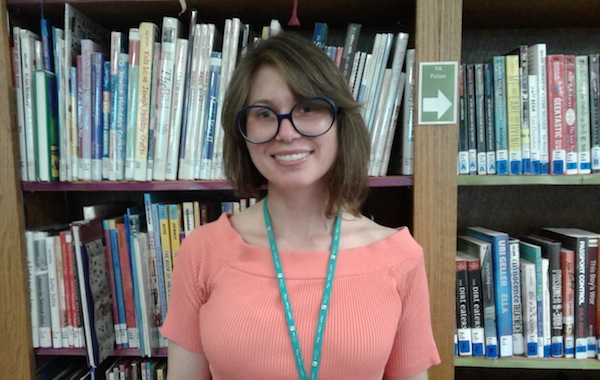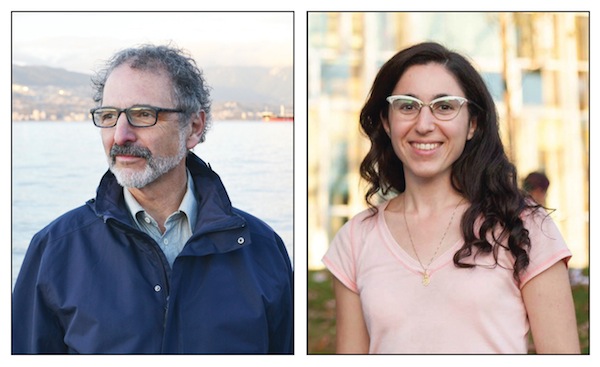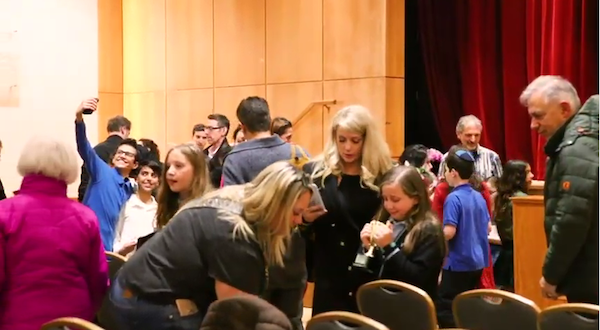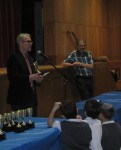Left to right: Drs. Larry Barzelai, Ran Goldman, Mor Cohen-Eilig, Marla Gordon and Maya Rosenkrantz. (photo from Dr. Marla Gordon)
The Jewish Medical Association of British Columbia held its inaugural event Monday evening, Feb. 12, at Schara Tzedeck Synagogue, with 100 attendees in person and 20 via Zoom. Three speakers presented and all were inspiring, relaying hopeful words, with the broad message being to unite and stand together.
Dr. Dynai Eilig, an Israeli-born and -trained orthopedic surgeon who works and lives in Vancouver, traveled to Israel on Oct. 9 to work in Soroka Medical Centre’s trauma centre. He shared heartbreaking stories, but also stories of resiliency. He spoke about the 150,000 reservist army volunteers from outside Israel who came in the early days after Oct. 7.
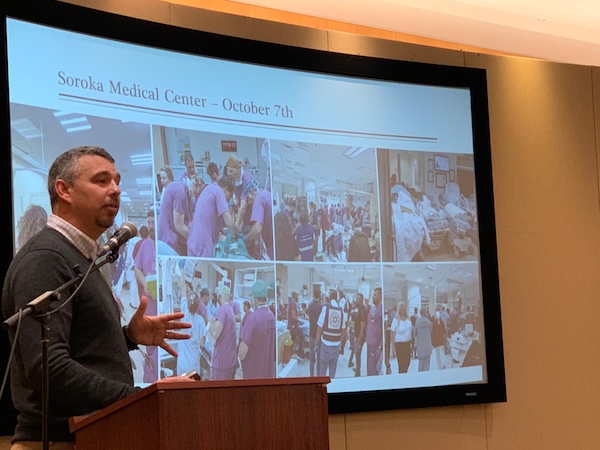
Dr. Robert Krell, a retired child psychiatrist and Holocaust survivor, explained the correlation between the rise of antisemitism now and that in Europe in the 1930s. He said Holocaust education is needed in all universities and all faculties and that medical and other educators must not resign from their teaching posts.
Dr. Yael Glassberg, an Israel-based pediatric gastroenterologist, joined via Zoom. She spoke on the child hostages who were released and her assessment and involvement with these children.
Planning for the JMA community-building event took place over a two-month period, led by pediatric emergency room physician Dr. Ran Goldman and elder-care physician Dr. Marla Gordon.
The Jewish Medical Association of British Columbia was started by Gordon and family physician Dr. Larry Barzelai in November 2023 as an attempt to get Jewish physicians together to support one another, especially in the current situation of increased antisemitism. The group has almost 300 members.
– Courtesy Dr. Marla Gordon
***
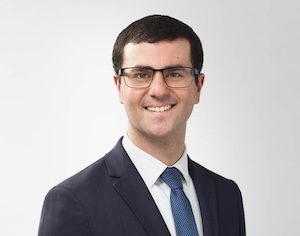
Eric Freilich was recently promoted to director of legal, private equity and M&A (mergers and acquisitions) at BMS Group and heads the Canadian legal team for the multinational insurance broker.
Eric grew up in Vancouver and is a graduate of the University of British Columbia, where he was a proud and active member of Hillel and of the Jewish fraternity, Alpha Epsilon Pi. Following graduation from UBC, Eric moved to Toronto to work in the film industry. He then went back to school and received his doctor of law and a master of business administration from York University. He worked at two prominent Toronto law firms prior to going in-house, focusing on corporate/commercial work and mergers and acquisitions.
Eric has recently found his way back into academia, contributing to teaching courses on mergers and acquisitions and risk management techniques in transactions at the Schulich School of Business.
Outside of work, Eric’s strongest sense of identity comes from being the best father and husband he can be.
***
Adeena Karasick and Ian Keteku are the inaugural winners of the League of Canadian Poets Spoken Word Award, which consists of two $1,000 awards, presented annually to two poets for a single poem or suite of poems up to 10 minutes in length.
Karasick won for the poem “Eicha,” featured in Aerotomania: The Book of Lumenations (bit.ly/aerotomania).
“Attuned to sound poetry’s domain, Adeena Karasick’s homophonic translation ‘Eicha: The Book of Lumenations’ unfolds as a dynamic interplay of acoustic and material expressions,” wrote LCP Spoken Word Award juror Eric Schmaltz. “Immersed in the intricacies of language’s auditory, textural and tonal dimensions, Karasick engages the original text, the Book of Lamentations, and brings it into dialogue with the multifaceted layers of our present. A simultaneous act of lamentation and ecstatic intertextual exploration, Karasick’s performance traverses sonic texture and electroacoustic manipulation to resound with a symphony of hope and sorrow.”
Keteku was honoured for the triptych: “Mr. Tally Man,” “the space between” and “The Light.” LCP Spoken Word Award juror Andrea Thompson called him “a master of spoken word,” noting: “With impeccable comedic timing and understated affect, Keteku’s performances are a triumph of wordplay and musicality, driven by wisdom and humanity – alive as a heartbeat.”
For more about the League of Canadian Poets, visit poets.ca.

